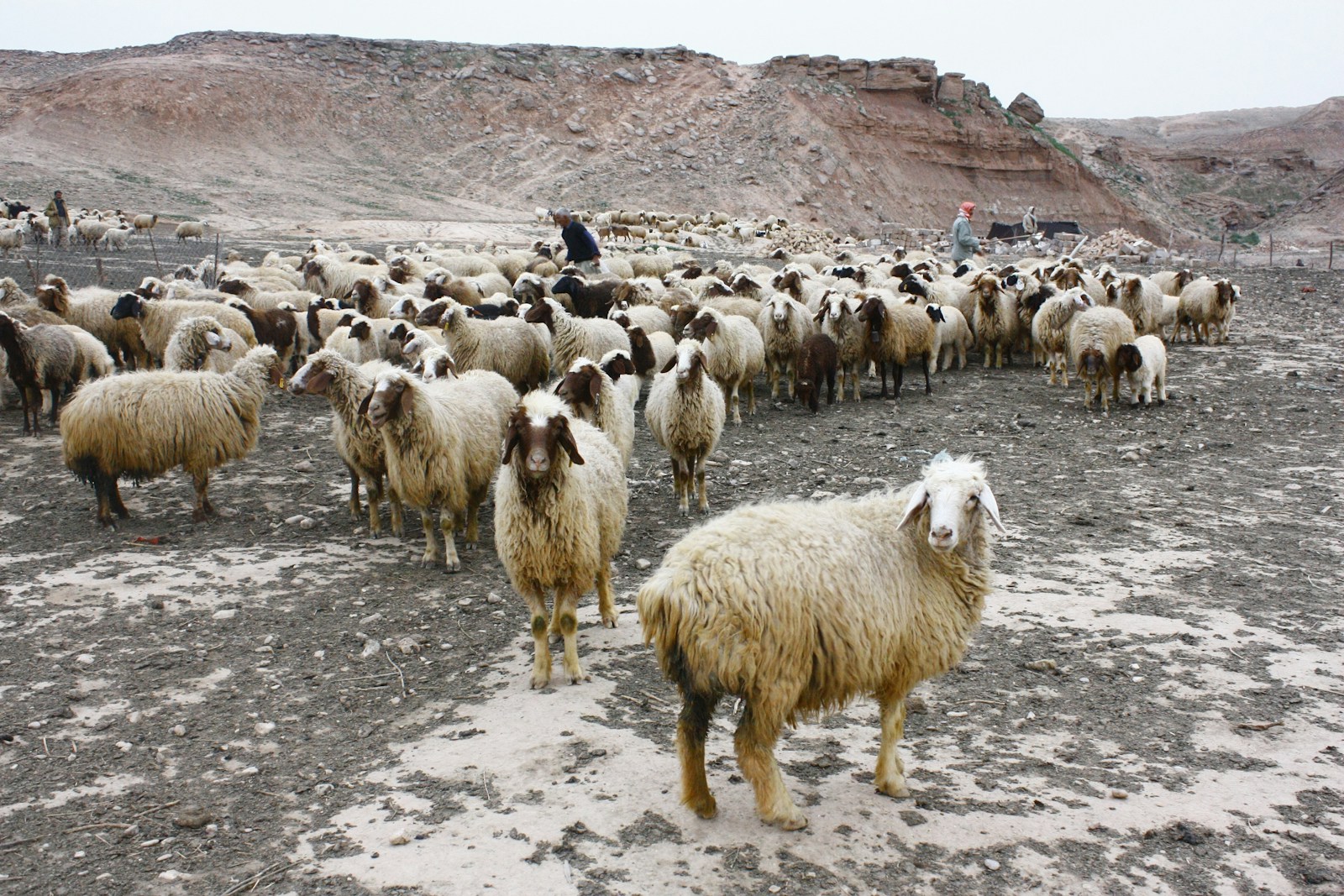
esquilar

shear
The Spanish verb 'esquilar' translates to 'to shear' in English. This term is commonly used in the context of shearing wool from a sheep. An example in a sentence might look like 'El granjero va a esquilar a las ovejas en primavera' - 'The farmer is going to shear the sheep in the spring.' Understanding this verb can provide insight into rural life and farming practices in Spanish-speaking regions.
Example sentences using: esquilar
Mi tío esquilará las ovejas mañana.

My uncle will shear the sheep tomorrow.
This sentence is in the future tense and it describes an action - shearing sheep - that the speaker's uncle plans to undertake.
Es difícil esquilar alpacas porque se mueven mucho.

It's hard to shear alpacas because they move around a lot.
This sentence is in the present tense. It expresses the idea that the act of shearing alpacas is challenging due to the animals' tendency to move a lot.
Debido a la severa nevada, no pudimos esquilar las ovejas a tiempo.

Due to the severe snowfall, we couldn't shear the sheep in time.
This is a past tense sentence that gives an account of an event where a snowfall hindered the speakers from shearing sheep on time.